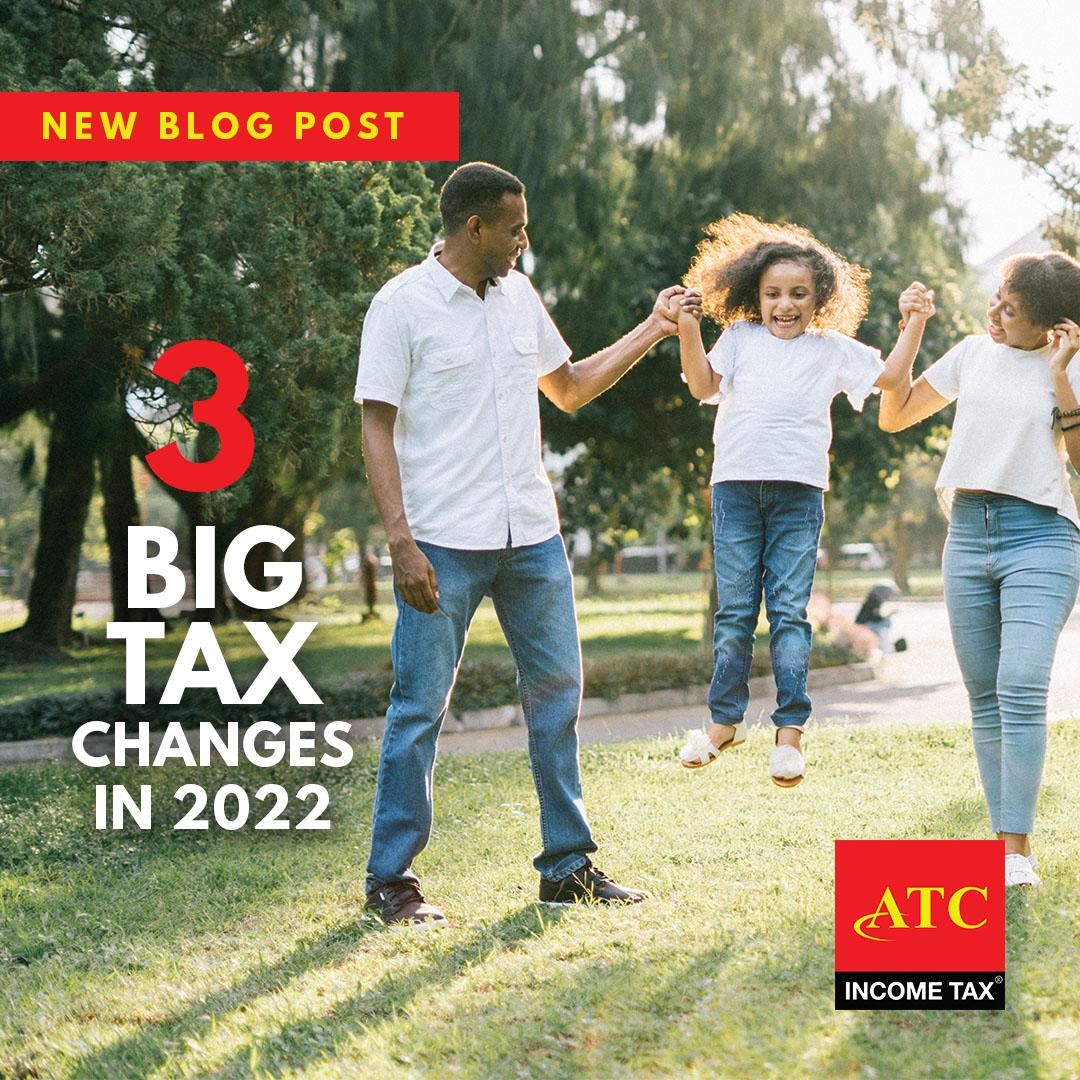It’s a new year, which means a new tax season and with that – typically – comes new tax code. As the country continues to recover from the pandemic and economic strife, many Americans are eager to minimize their tax liability and maximize their tax refund. For families with children, before filing your return, be sure to take note of the following 3 major tax laws and tax code changes this tax season.
The Child Tax Credit has been expanded
The Child Tax Credit (CTC) was created in the Taxpayer Relief Act of 1997. Since then, qualifying taxpayers have been able to claim tax benefits and credits of up to $2000 for each of qualifying dependent.
As part of the Biden Administration’s American Rescue Plan, which funded pandemic tax relief programs, the CTC is has been expanded for the 2021 tax year, as follows:
- The tax credit is now fully refundable up to $3,000 per qualifying child between 6 to 17 years of age on Dec. 31, 2021.
- For children who were age 5 or younger on Dec. 31, 2021, the credit has been increased to $3,600.
If you received advance child tax credit payments between July and December 2021, typically $250 per month per child and potentially up to $300 for those with children aged 5 or under. The payments received in advance will be deducted from any credit you claim when you filing your 2021 tax return.
The Child and Dependent Care Credit is higher for 2021
The American Rescue Plan expanded the Child Dependent Care Credit for the 2021 tax year only, although it may be extended. To qualify, you must pay someone to care for your dependent(s) while you work or search for work. Qualifying dependents are any of the following:
- aged 13 or under
- spouse or family member who is unable to care for themselves.
When you file your taxes, you may claim dependent care expenses up to $8,000 for one dependent or $16,000 for two or more dependents. Receipts and records of your dependent care expenses must be provided.
As this is a refundable tax credit, you receive 50% of your expenses refunded back to you on your tax return.
In effect, by claiming the refundable credit you may receive:
- Up to $4,000 for one dependent
- Up to $8,000 for two or more dependents
Only households earning an Adjusted Gross Income of less than $438,000 may claim this credit. Those earning between 125,000 and $183,000 may only receive half the credit, and those above $183,000 but less than $400,000 receive only 20%.
The Earned Income Credit has new tax law changes
The Earned Income Credit (EIC) reduces tax liability for low- to moderate-income households. To accommodate many families’ fluctuations in income due to the pandemic, the EIC has new qualifications and credit amounts.
For the 2021 tax year and tax code, the EIC ranges from $1,502 to $6,728, depending on your filing status and the number of children. Households without children may also qualify. If your 2019 taxable income was higher than your 2021 income, you may use that to calculate your credit.
The credit is applied in full, even if you owe less in taxes. This means the EIC could boost your refund if you qualify.
Only households under a certain income level threshold for Adjusted Gross Income (AGI) may claim the EIC:
For a married household income, AGI must be less than or equal to the following amounts, based on the number of dependents claimed:
Zero: $27,380 maximum AGI
One: $48,108 maximum AGI
Two: $53,865 maximum AGI
Three: $57,414 maximum AGI
For all other households, AGI must be less than or equal to the following amounts, based on the number of dependents claimed:
Zero: $21,430 maximum AGI
One: $42,158 maximum AGI
Two: $47,915 maximum AGI
Three: $51,464 maximum AGI
Additionally, investment income must be $10,000 or less to qualify for the EIC.
Wrapping Up
It’s important to know your options for tax credits before filing your 2021 return. With a bit of research and good documentation, you can potentially reduce your tax liability and receive credits that may lower your taxes due and increase your refund.
To schedule your free tax review with one of our ATC Tax Professional, Book-an-Appointment today to make sure you get the most out of your taxes this year.








